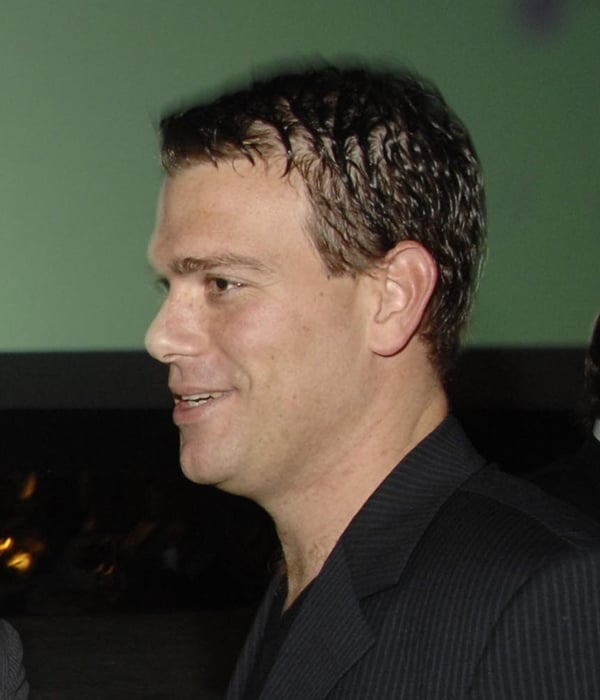People
Artist Pension Trust Founder Tried to Trademark “SEPTEMBER 11, 2001”

Photo: © 2014 Patrick McMullan Company, Inc.

Ben Davis

When the World Trade Center and Pentagon were struck by airplanes on September 11, 2001 in the largest terrorist attack in US history, people around the world looked on in horror. Israeli-born tech entrepreneur Moti Shniberg, founder of the Artist Pension Trust, had a different reaction: He leapt into action to trademark the term “SEPTEMBER 11, 2001.”
The story is old news, but comes up again as a somewhat inexplicable detail in a lengthy, admiring Bloomberg profile of Shniberg’s Artist Pension Trust initiative, which has begun to sell off its giant collection of art. A quick Google search turns up the United States Patent and Trademark Office’s final 2006 decision on Shniberg’s attempt to register the words “SEPTEMBER 11, 2001” “in standard character or typed form.”
The document opens with the staggering detail that Shniberg filed his intent-to-use application at 17:37:56 EDT on the day of September 11, 2001 itself. That’s 5:37 pm, suggesting that Shniberg saw a business opportunity and had his application in just a few hours after the second tower collapsed.
It gets better. What did Shniberg want to do with the trademark? In terms of the “goods and services” he hoped to advertise under the “SEPTEMBER 11, 2001” label, Shniberg’s application suggests “Books in the field of history” but also, among other things, “entertainment in the nature of visual and audio performances, and musical variety, news and comedy shows” as well as “operas, television shows, plays, [and] radio programs.” You read that right: “September 11” musicals and operas.
However, in pursuing the registration, Shniberg went on to indicate that, “None of applicant’s entertainment services will in any way cover the events of September 11, 2001.”
So, to recap: Shniberg attempted to register a trademark on “SEPTEMBER 11, 2001” to advertise “entertainment” unconnected with to the events of September 11, 2001. We’re picturing the “SEPTEMBER 11, 2001 Musical Comedy Hour.” What was he thinking? (The Bloomberg story notes, without explaining, that he had “charitable purposes” in mind.)
According to the document, it was the potentially misleading nature of Shniberg’s scheme, rather than its rank tastelessness, that led the government to deny his application: “Consumers, upon seeing the mark ‘SEPTEMBER 11, 2001’ in connection with applicant’s books and entertainment services, would believe that they are simply additional books or entertainment services on the subject of the events concerning the terrorist attacks of September 11, 2001,” the Patent and Trademark Office reasoned. It therefore denied Shniberg’s “SEPTEMBER 11, 2001” trademark as “misdescriptive.”
Whether this kind of calculation bodes good or ill for the almost 2,000 artists who have trusted their legacy to the Artist Pension Trust is, as yet, unknown.